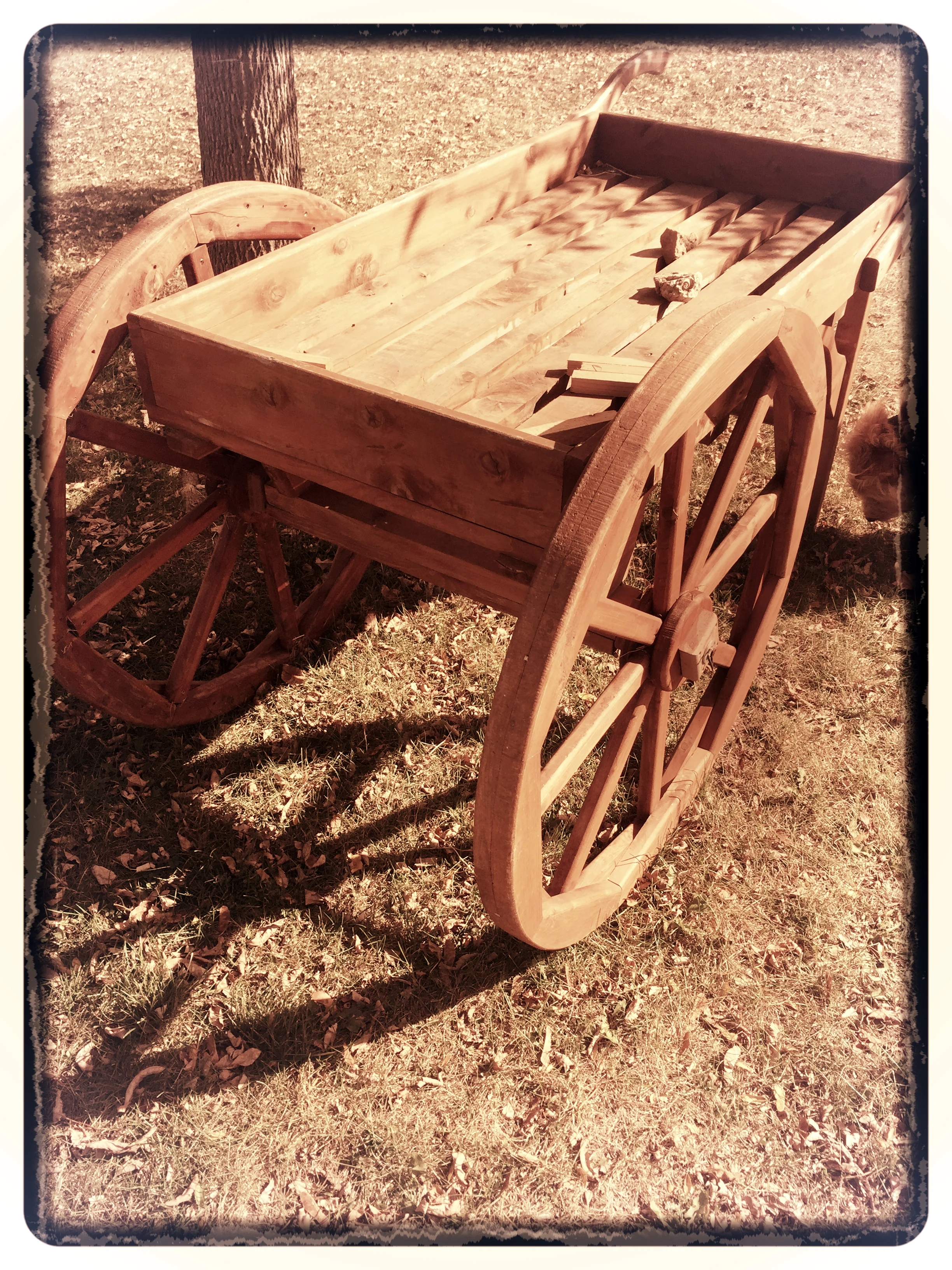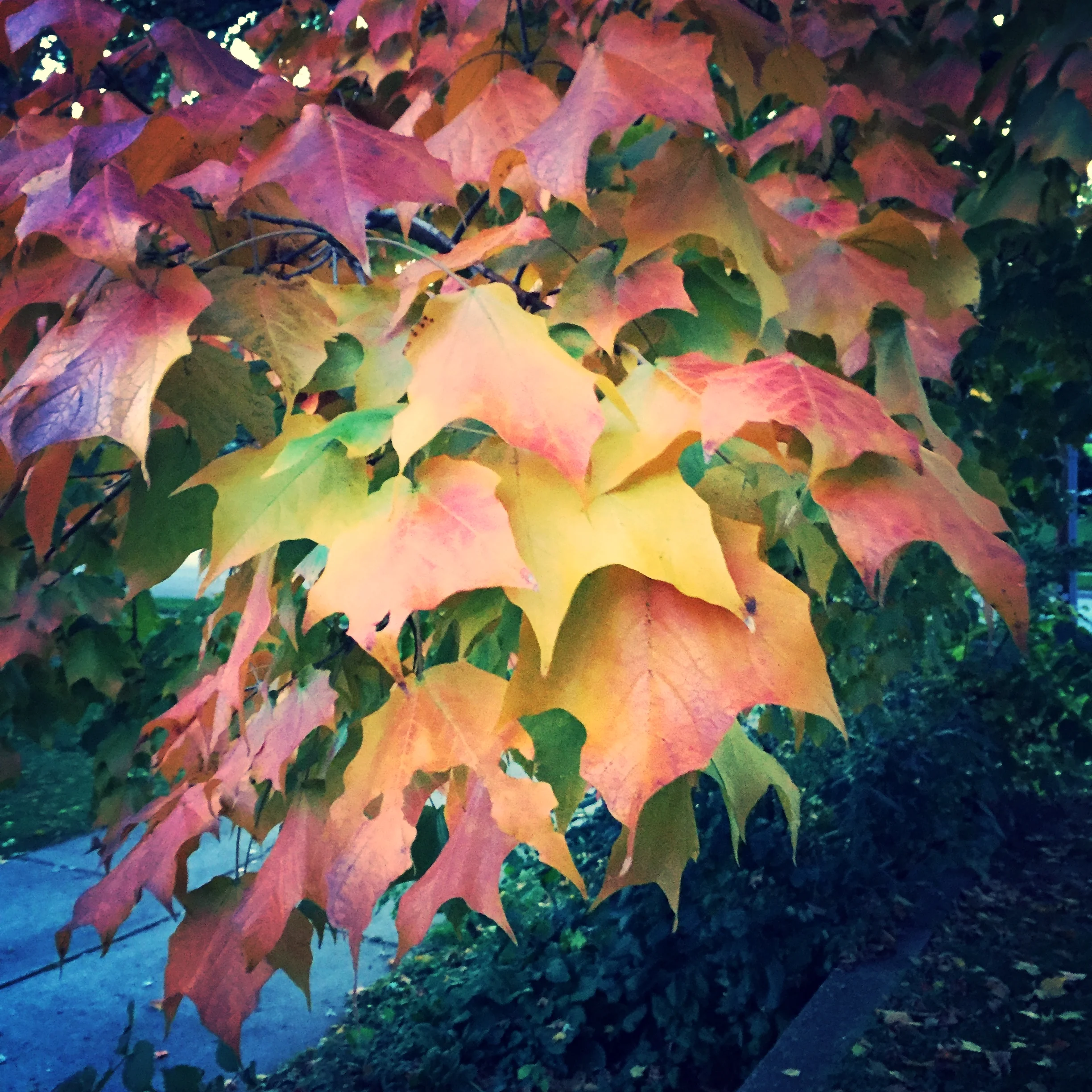From the Prologue to the Audubon book:
Up they came from the south, following the warming days, in a great wave that burst open like a fan and covered the continent — blue geese and snow geese, canvasbacks and mallards, bald eagles and sparrow hawks, passenger pigeons in flocks so immense and tightly packed they barred the sunlight from the earth, huge birds like ospreys, small birds like warblers and sparrows which would disappear inconspicuously in the woods and fields, brilliantly colored birds like the wood ducks, mutely colored birds like mourning doves — all the tremendous variety that composed one of America's miracles. Some flew at night, some in the daytime, some stopped often for food and water, others flew for hundreds of miles without ever pausing. The wave seemed endless and inevitable and infinite, something no man could ever check, no matter how many shots he used, no matter how many arrows he put to his bow, or how many bird traps he set. The supply was inexhaustible. Shooting a hundred birds, or five hundred birds, or a thousand birds, was like taking a cup of water out of the ocean. What was true of the birds, flying their unmarked but centuries-old routes in the sky, was true also of the land beneath them and the things that grew on it. There were enough trees to replank every ship in the world and not leave the mountainsides bare, enough to house whole cities and keep a nation warm during the winter nights, enough so no one worried about any individual tree or wasted time trying to save it. The best way to get wild honey was to chop the tree down. The best way to dislodge a bear or a raccoon was to chop the tree down. The best way to get sunlight around a cabin was to chop the tree down. The best way to keep the Indians from approaching a lean-to unseen was to chop down the surrounding trees. And the only way to grow corn or barley or rye or potatoes or cotton or jute was to chop down the trees. The axes rang out in a chorus of clanging steel and splintered wood from Mount Desert in northern Maine to the southernmost key on the tip of Florida, from the Atlantic coast to just as far inland as there happened to be men to wield the axes. And if there was not time to cut into the wood, to let the bark and the slivers fly at the touch of the bit, and watch the great trees crash into the nearby brush, their tops snapping off under the force of the enormous impact, they could always be ringed or burned. Starting a fire was one way to get rid of unnecessary, unwanted trees.
Animals? There were enough beavers to put a hat on every dandy in Europe, enough foxes and martens and minks to make a fur coat for every lady. Enough buffaloes to feed a nation and make sleeping robes for them as well. Never before had men known such congregations of animals as the great buffalo herds contained, stretching as far as a hunter could see from horseback, herds grazing quietly on the prairies or, bunched together, stampeding with a force that made the ground shake and tremble beneath their feet.
There was enough water to slake the thirst of millions of people, to turn their mills, to float their boats — first canoes, then boats under sail, then steamboats puffing up the Hudson and the Delaware and the Ohio and the Missouri and the Mississippi and a hundred other rivers — boats that carried first explorers and trappers, then farmers and traders and merchants, and finally people who knew almost nothing about the land, had no link with it, hardly knew an oak from a maple, or a sparrow hawk from a mourning dove, and could not have worried less about not knowing. Yet there was still enough water left after it had turned the mill wheels and carried the boats, still enough pure water left to support the fish — the trout and the bass and the pickerel, the giant muskies, the sturgeon, and the catfish—catfish so large that often a single one would make a meal for an entire family.
As for land, there was enough for everybody. A man did not need to be rich to own land in America. He had only to be strong enough to take it, strong enough to travel to it and grab it from the Indians or the forest, strong enough to cut down the trees and clear it. Sometimes he had to pay for it with money, but if the price was too high in Massachusetts, he could go to New York. If it was too high in New York, he could move to Kentucky or Texas or Arkansas or Indiana or anywhere else, and the only thing that could stop him was the Pacific Ocean. He did not even have to care for the land after he got it. He could plant tobacco in Virginia, cotton in Georgia, onions in Connecticut, until the land was exhausted and lay naked and barren in the sunlight and never bother to fertilize it, for it was not worth fertilizing. He merely loaded his family into wagons and moved westward and took up new land. When that, too, was exhausted, he packed up his family again. Land was cheap. There was enough land for everybody.
So the people came to take the land, first in a trickle, a few lonely adventurers, and then in increasing swarms. Long-bearded Spaniards with swarthy skins. Laughing French voyageurs. Hard-drinking Anglo-Saxons, who fought and cursed and scrapped and carried a Bible in their wagons. Poles and Hungarians and Italians and Germans and Scandinavians, each anxious to share some part of the continent's riches. Always in the lead were the explorers, LaSalle, Hudson, Champlain, Croghan, Boone. Then the settlers, the men who were as interested in staying as they were in moving. They cleared the fields and built the farms and sowed the crops and bred the children, driving their roots into the ground and making a living out of it and establishing families that some day would move west again. Then the traders and the merchants and the doctors and the lawyers, the flatboat men who steered the great clumsy arks down the inland waters, the bandits with guns in their hands and prices on their heads, the scientists, the statesmen, the heroes — some moving here in hope of a better life than they had ever known; some, like the black-skinned, sweating slaves, brought here against their will to find one worse than they had ever imagined.
Between them all, riverboat gambler, college professor, New England farmer, Virginia planter, they took their toll. They shot the golden plovers by the thousands. They clubbed the passenger pigeons to death by the millions in Kentucky and Pennsylvania. They stripped the fields of their fertility in Mississippi and Georgia and Vermont. They poured their wastes into the rivers, because it seemed cheaper to get rid of waste that way than any other. They trapped beavers by the thousands, skinned them, and shipped the pelts abroad, while the corpses rotted in the woods or provided food for the wolverines. When they were hungry and wanted meat, they shot a buffalo or a bear or a deer and sometimes they made only one meal from it. Animals were plentiful, and time was short. It required time to dress and cure a whole animal.
Sometimes the men-and their women, too — were harsh and brutal and cruel. They would cheat an Indian or swindle him or lie to him. Although the Indian was here first, his numbers were insufficient to defend his own. They would lash a Negro slave until his back was bloody, shanghai a sailor, or make children work in factories. But, for the most part, they were good people, unthinking perhaps, but good. And they had in common a dim, obscure vision of something they wanted, although they had trouble putting it into words and saying what it really was. Only a few of them could do that, those with a special mastery of language and a special vision. Even fewer could get it down in words about the land and the trees and the prairies and the mountains and the great flights of birds and swarms of animals. It was all too big. They could see, but they had trouble saying what they saw, or writing it, or painting it, and making others understand.
So when the people slaughtered the birds, shooting them down by the thousands, or burned the forests, or left the dead buffaloes rotting and festering in the sun, it was not so much from brutality as from carelessness, not so much from thinking about what they did as from not thinking about what they did. Nobody had told them.
They were pragmatic. They did not believe the buffalo herds could be exhausted, until they had pushed them to the verge of extinction, did not think the flocks of passenger pigeons could be used up, until the last pigeon finally died and the species vanished from the earth altogether. Only when they saw it with their own eyes did they start believing, and often it was then too late. What they needed were men to do their seeing for them, whose vision reached a little further than theirs, who did not have to wait until a bird or an animal or a tree disappeared to know it could disappear. Or not even that. Who could make them, for a fleeting instant, see a bird for what a bird is, make them think of golden plovers as something more than a crop that could be harvested free except for the cost of shot, of beavers as something more than fur for men's hats, of trees as something more than firewood or planks.
There were not many such men.
But there were some. Just enough to check the ravage before, once and forever, it was too late.
Just enough to give the others one last, one irretrievable chance to save what was left.
























